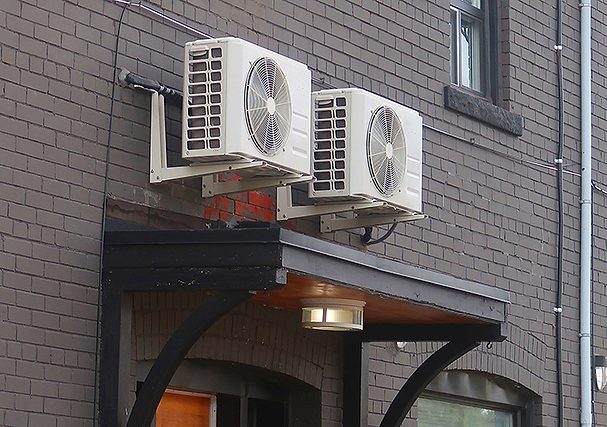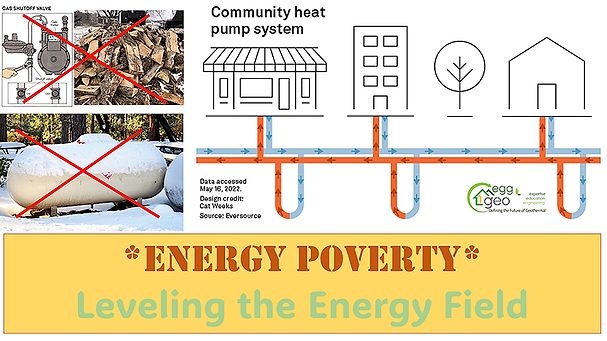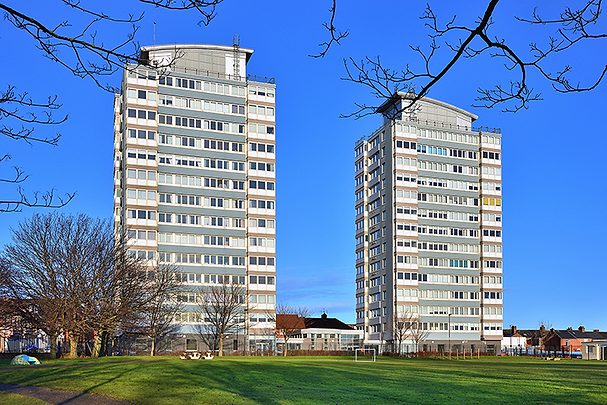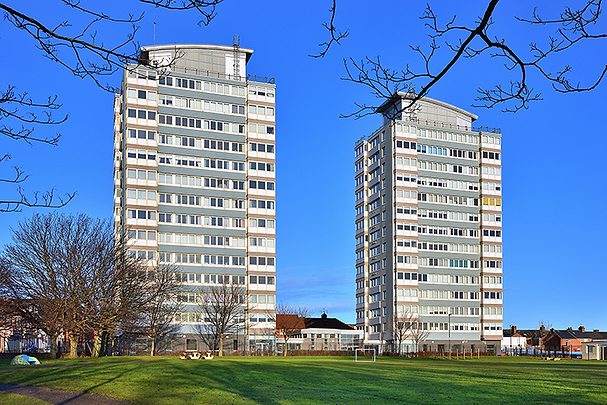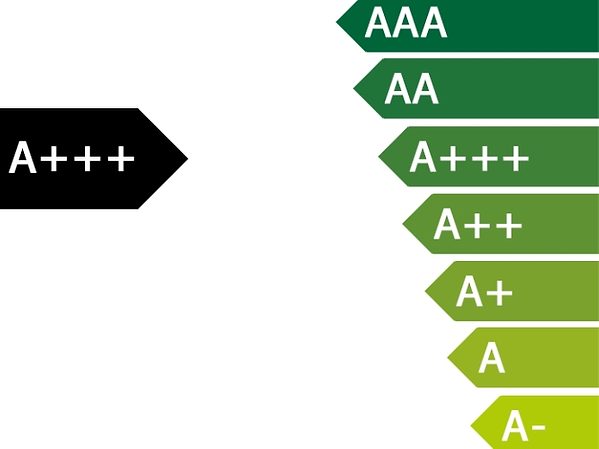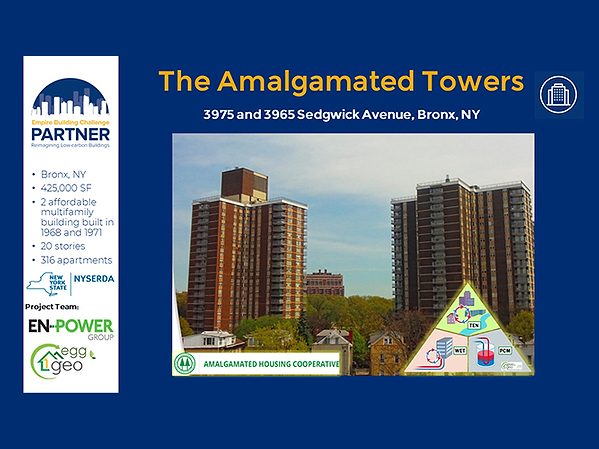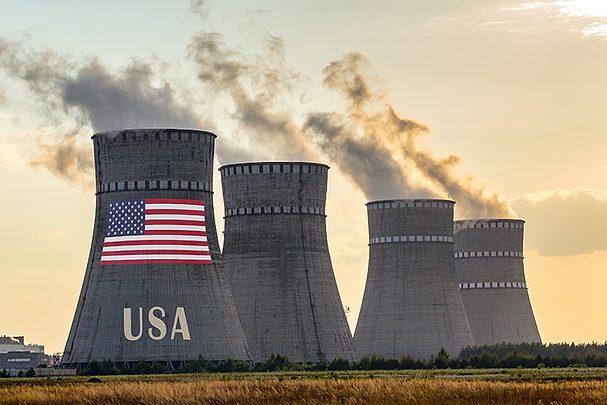Alternative Energy
The Future is Now
Two main categories are incentives under the HOMES program and the High-Efficiency Electric Home Rebate Act.
Read More
Feature
Homeowner’s Hybrid Heat Pump Helps Cool Surging Inflation
Tax incentives and rebates can bring down the initial cost, and the technology reduces greenhouse emissions.
Read More
Geothermal HVAC
Eradicating Energy Poverty: Thermal Energy Networks
Communities can use waste heat from commercial buildings and wastewater to provide space heating, domestic hot water, and even air conditioning.
Read More
Feature
Heat, Disease and Antidotes
ASHRAE publishes a standard to control infectious aerosols, and a heat-battery manufacturer shares case studies and multiunit buildings.
Read More
The Future Is Now
50 Years of Respect for People
ASHRAE publishes a standard to control infectious aerosols, and a manufacturer demonstrates how heat batteries help with decarbonization.
Read More
Geothermal HVAC
Wastewater Energy Transfer Hits the Big Time
This technology, which extracts the heat by sending wastewater through a heat exchanger, is closely related in concept to ERVs.
Read More
Alternative Energy
The 30-Year Nuclear Wait
Plant Vogtle Unit Three is the first nuclear power site to be built under the post-1975 umbrella of the Nuclear Regulatory Commission.
Read More
